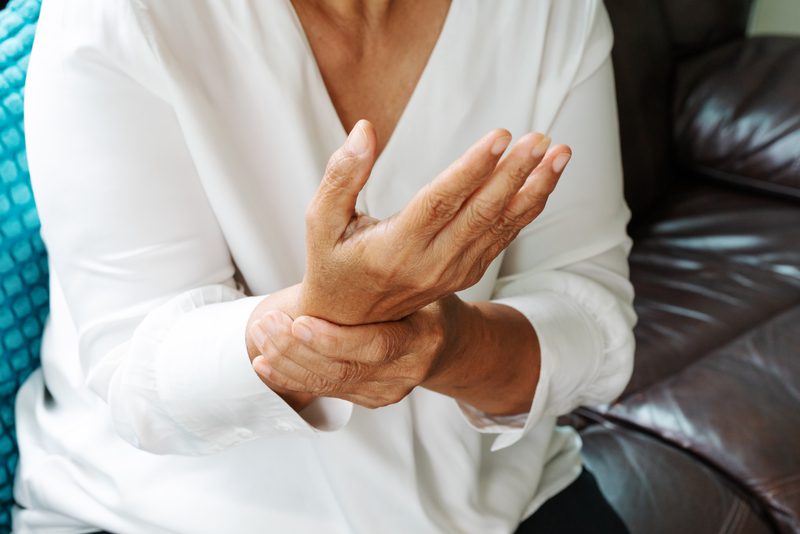Complex regional pain syndrome (CRPS) is a chronic and debilitating pain disorder that affects millions worldwide. It’s characterized by intense pain and various physical changes in the affected limb. While previously considered lifelong with limited treatment options, new research offers hope for significant recovery.
Early Detection and Effective Treatment
A new study, led by NeuRA’s Centre for Pain IMPACT and conducted in partnership with the University of South Australia, suggests that early detection and comprehensive treatment can lead to significant recovery within 18 months of being diagnosed with CRPS for up to 80% of patients. This finding brings new optimism to those battling CRPS.
Understanding CRPS: Causes and Symptoms
CRPS typically manifests after trauma like surgery or fracture, resulting in severe, localized pain. However, it often persists beyond the normal recovery period, accompanied by issues such as sweating, temperature regulation problems, and mobility issues. Notably, women are disproportionately affected by CRPS, with significantly higher diagnosis rates compared to men.
Comprehensive Treatment Approach
The new study reviewed the latest advances in CRPS epidemiology, pathophysiology, diagnosis, and treatment. It found that the best approach to treatment includes education about CRPS, medicines to control pain, physical rehabilitation, and psychological support, if needed. Study findings suggest that by addressing CRPS from all angles, patients have a better chance of recovery within the crucial first 12-18 months of symptom onset.
Further Reading: Demystifying Pain Approaches to CRPS
Paradigm Shift in CRPS Treatment
Lead researcher Michael Ferraro emphasizes that the study marks a paradigm shift in understanding CRPS. Contrary to previous beliefs, the research challenges the notion that CRPS is a lifelong condition. The study findings suggests that recovery is possible, especially with early diagnosis and comprehensive treatment.
Hope and Progress in CRPS Research
Co-researcher Professor Lorimer Moseley underscores the significance of the research, offering hope and new directions for both patients and healthcare professionals. The findings highlight the involvement of both biological and psychosocial factors in CRPS, paving the way for more targeted and effective management strategies.
Ongoing Research and Clinical Trials
“The next steps will require national and international networks of researchers to test the most promising treatments in clinical trials,” says Moseley.
Among these initiatives is the ongoing MEMOIR study conducted by NeuRA and UniSA, an Australian Government-funded trial evaluating a medication and a newly developed rehabilitation program, with recruitment and treatment facilitated through telehealth to enable nationwide participation.
Empowering CRPS Patients
In conclusion, understanding and early intervention are key to tackling CRPS effectively. With the latest research offering hope for recovery, it’s crucial for patients and healthcare providers to stay informed and proactive in managing this challenging condition.




